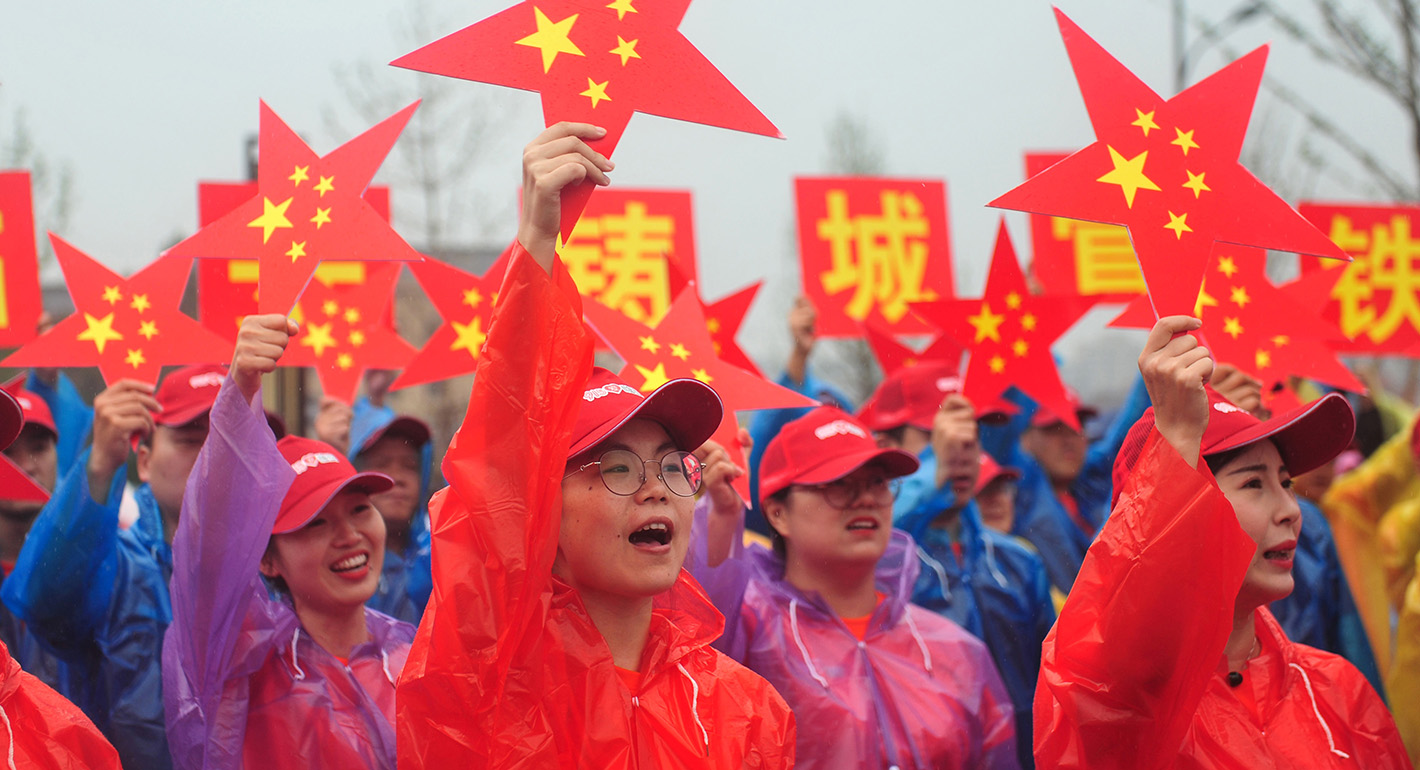Europe’s view of China has shifted from benign curiosity to the realization that Beijing is a major global competitor, which is changing the post-1945 global security and economic architecture designed by the West.
At first, the EU, and separately, the large European states, assumed that they just needed to build formal relationships with this vast, developing country.
The EU established formal diplomatic relations with the People’s Republic of China (PRC) in 1975, without a clear strategy. Europe’s big three—Britain, France and Germany—had already forged ties with China.
Berlin focused on trade and economic links, Paris on political and military connections. This made it difficult for the EU to create a coherent policy toward the PRC. In 1989, the Communist Party’s suppression of the Tiananmen Square demonstrations proved a turning point. The EU united to condemn the crackdown, which shook the EU out of complacency.
Over the years since, the EU has realized that it needs a serious strategic partnership with Beijing to match the country’s muscular global ambitions. China has evolved from a manufacturer of cheap goods to a powerful economic and political competitor. The EU’s founding principles of democracy and civil liberties contrast starkly with China’s one-party system, and its use of AI and cyber security tools.
A major analysis published by the European Commission in March 2019 stated that China’s “increasing presence in the world, including in Europe, should be accompanied by greater responsibilities for upholding the rules-based international order, as well as greater reciprocity, non-discrimination and openness of its system.” Yet the EU’s tools are limited. And when it comes to the issue of the South China Sea, crucial to Europe’s economy, the EU ducks the security question.
Europe is trying to develop a strategy to project its values and system toward China. But the power balance has shifted—for China, Europe may now be just a curiosity to be exploited.
This quick take is part of a series authored by scholars from across the Carnegie Endowment’s global network, in advance of the seventieth anniversary of the founding of the People’s Republic of China.
- How Has the U.S.-China Relationship Changed Over Seventy Years?
Paul Haenle - How China Became Russia’s Most Important Partner
Alexander Gabuev - How Has Europe’s View of the People’s Republic of China Changed?
Judy Dempsey - How Has China’s Role in the Middle East Evolved?
Maha Yahya - Three Lessons China Has Learned About Global Governance
Lyu Jinghua - A Brief History of India’s Relationship with the People’s Republic of China
Srinath Raghavan
